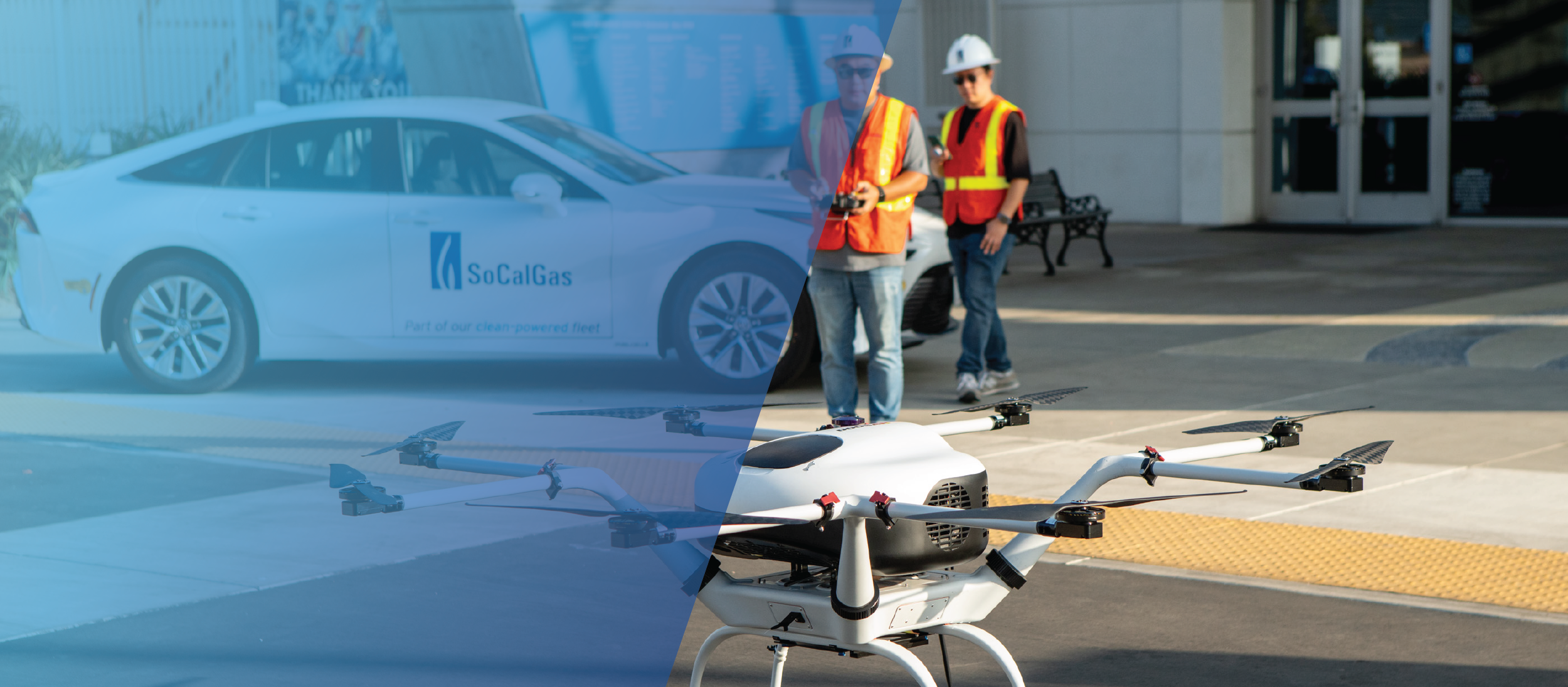LOS ANGELES – The California Institute of Technology’s (Caltech) Rocket Fund, of which Southern California Gas Company (SoCalGas) is a sponsoring member, announced its 2024 awardees set to receive financial support and mentorship from industry experts, enabling them to bring their innovative ideas to market more quickly and effectively. SoCalGas has supported the Rocket Fund grant program for 10 years with contributions over $315,000 as part of a member consortium that has supported 60 companies to date.
“Over the years, this program has enabled our research, development and demonstration (RD&D) team to discover emerging technology and talent, and to support young companies while their concepts and ideas are still in their infancy,” said Jawaad Malik, chief strategy and sustainability officer at SoCalGas. “Any one of these research projects has the potential to bridge the gap between today’s clean energy aspirations and tomorrow’s clean energy reality, and it’s vital we help guide their efforts and ideas toward an accelerated path to market.”
Caltech’s Rocket Fund is a member supported granting pool that helps academic and early-stage innovators turn technologies into commercial realities through financial support and entrepreneurial mentoring and education. The fund operates as an exclusive program of Caltech’s Resnick Sustainability Institute, which advances global sustainability through transformation science, engineering, and education, to support cutting-edge research to address the most pressing challenges in environmental sustainability.
“Every year, we strive to empower the next generation passionate about having an impact on our future,” said Stephanie Yanchinski, director of entrepreneurial programs at Caltech’s Resnick Sustainability Institute. “None of these young entrepreneurs are thinking about how much money they can make. They are thinking about how big of a difference they can make. To that end, we created this program to facilitate the financial and practical needs of every beginning entrepreneur to help them get their ideas from paper to production.”
The fund offers $25,000 to $100,000 in non-equity grants for cleantech and sustainability startups to further research solutions that could help reduce carbon emissions, enhance energy efficiency, and promote sustainable practices. This year’s awardees presented by Caltech include:
- Cella Mineral Storage Inc.’s technology is designed to store CO2 by transforming it into rock underground.
- Conduit, Inc. leverages advanced Light Detection and Ranging (LiDAR) imaging and building data of HVAC system design to help enhance efficiency and accuracy for residential contractors.
- Emissions Free Generators aims to create hydrogen-on-demand from a novel powder in a reusable cartridge.
- Lite-1 uses microorganisms to biomanufacture more sustainable colorants for industries like cosmetics, plastics, inks, food, and paint.
- Natrion Inc.’s lithium solid ionic composite (LISICTM) solid-state electrolyte is designed to help enable the production of safer, more energy-dense, and cost-effective batteries.
- Planet A Energy aims to capture and stores high-temperature sunlight in black sand, to provide long-duration energy storage for utilities and decarbonizing high-temp industrial and agricultural processes.
- RenewH2O’s compact and customizable wastewater treatment system aims to offer the potential for reductions in footprint, cost, energy demand, and GHG emissions.
- Sensible Photonics, whose optical fiber sensing platform can provide real-time multiparameter measurements for energy assets to help improve reliability and efficiency.
- Standard Potential’s FreeForm technology aims to reduce materials and manufacturing in sodium-ion batteries, to cut gigafactory costs and footprint by up to 40%
- Syntaxa, Inc., a sustainable agricultural company, creates novel microbial biopesticides using nanoparticle encapsulation technology and aims to enhance pest control efficacy, minimize crop losses, and delay resistance.
To read more about the awardees and their efforts, visit Caltech's Rocket Fund.
Twelve, (formerly known as Opus 12 and a previous Rocket Fund grant awardee, is a carbon transformation company that converts captured carbon dioxide (CO2) into valuable chemicals, fuels and other essential products typically made from fossil fuels. Following the Rocket Fund program, Twelve continued to advance their technology in collaboration with SoCalGas and Pacific Gas and Electric (PG&E) and later was awarded $2.5 million funding from SoCalGas and the Department of Energy (DOE). The company’s initial sights are set on decarbonizing commercial aviation using the science of electrochemistry to create sustainable aviation fuel made from CO2, water, and renewable energy sources with lifecycle emissions that are up to 90% lower than conventional fossil jet fuel.
“This grant program helped refine our technology through the connections we made with valuable industry thought leaders,” said Dr. Etosha Cave, co-founder and chief science officer at Twelve. “The experience gained by learning from and working with the current experts in their field helped achieve our company’s initial success and accelerate our vision from a hypothesis as Stanford graduate students to the reality of a scalable company decarbonizing aviation.”
SoCalGas’ RD&D program plays a key role in developing and demonstrating innovative products and technologies that can promote decarbonization across the natural gas value chain and diversified portfolio of clean energy sources. Learn more about how SoCalGas is working to help shape California’s 21st century energy system at socalgas.com/rdd.
About SoCalGas
SoCalGas is the largest gas distribution utility in the United States serving approximately 21 million consumers across approximately 24,000 square miles of Central and Southern California. SoCalGas’ mission is to build the cleanest, safest, and most innovative energy infrastructure company in America. SoCalGas aims to deliver affordable, reliable, and increasingly renewable gas service through its pipelines to help advance California's clean energy transition by supporting energy system reliability and resiliency and enabling the integration of renewable resources. SoCalGas is a recognized leader in its industry and community, as demonstrated by being named one of Reuters’ Top 100 Innovators Leading the Global Energy Transition and Corporate Member of the Year by the Los Angeles Chamber of Commerce. SoCalGas is a subsidiary of Sempra (NYSE: SRE), a leading North American energy infrastructure company. For more information, visit SoCalGas.com/newsroom or connect with SoCalGas on social media @SoCalGas.
This news blog contains forward-looking statements within the meaning of the Private Securities Litigation Reform Act of 1995. Forward-looking statements are based on assumptions about the future, involve risks and uncertainties, and are not guarantees. Future results may differ materially from those expressed or implied in any forward-looking statement. These forward-looking statements represent our estimates and assumptions only as of the date of this news blog. We assume no obligation to update or revise any forward-looking statement as a result of new information, future events or otherwise.
In this news blog, forward-looking statements can be identified by words such as “believe,” “expect,” “intend,” “anticipate,” “contemplate,” “plan,” “estimate,” “project,” “forecast,” “envision,” “should,” “could,” “would,” “will,” “confident,” “may,” “can,” “potential,” “possible,” “proposed,” “in process,” “construct,” “develop,” “opportunity,” “preliminary,” “initiative,” "target," "outlook," “optimistic,” “poised,” “positioned,” “maintain,” “continue,” “progress,” “advance,” “goal,” “aim,” “commit,” or similar expressions, or when we discuss our guidance, priorities, strategy, goals, vision, mission, opportunities, projections, intentions or expectations.
Factors, among others, that could cause actual results and events to differ materially from those expressed or implied in any forward-looking statement include: decisions, audits, investigations, inquiries, regulations, denials or revocations of permits, consents, approvals or other authorizations, renewals of franchises, and other actions, including the failure to honor contracts and commitments, by the (i) California Public Utilities Commission (CPUC), U.S. Department of Energy, U.S. Internal Revenue Service and other regulatory bodies and (ii) U.S. and states, counties, cities and other jurisdictions therein where we do business; the success of business development efforts and construction projects, including risks related to (i) completing construction projects or other transactions on schedule and budget, (ii) realizing anticipated benefits from any of these efforts if completed, (iii) obtaining third-party consents and approvals and (iv) third parties honoring their contracts and commitments; macroeconomic trends or other factors that could change our capital expenditure plans and their potential impact on rate base or other growth; litigation, arbitration and other proceedings, and changes (i) to laws and regulations, including those related to tax and trade policy and (ii) due to the results of elections; cybersecurity threats, including by state and state-sponsored actors, of ransomware or other attacks on our systems or the systems of third parties with which we conduct business, including the energy grid or other energy infrastructure; the availability, uses, sufficiency, and cost of capital resources and our ability to borrow money on favorable terms and meet our obligations, including due to (i) actions by credit rating agencies to downgrade our credit ratings or place those ratings on negative outlook, (ii) instability in the capital markets, or (iii) fluctuating interest rates and inflation; the impact on affordability of our customer rates and our cost of capital and on our ability to pass through higher costs to customers due to (i) volatility in inflation, interest rates and commodity prices and (ii) the cost of meeting the demand for lower carbon and reliable energy in California; the impact of climate policies, laws, rules, regulations, trends and required disclosures, including actions to reduce or eliminate reliance on natural gas, increased uncertainty in the political or regulatory environment for California natural gas distribution companies, the risk of nonrecovery for stranded assets, and uncertainty related to emerging technologies; weather, natural disasters, pandemics, accidents, equipment failures, explosions, terrorism, information system outages or other events, such as work stoppages, that disrupt our operations, damage our facilities or systems, cause the release of harmful materials or fires or subject us to liability for damages, fines and penalties, some of which may not be recoverable through regulatory mechanisms or insurance or may impact our ability to obtain satisfactory levels of affordable insurance; the availability of natural gas and natural gas storage capacity, including disruptions caused by failures in the pipeline system or limitations on the injection and withdrawal of natural gas from storage facilities; and other uncertainties, some of which are difficult to predict and beyond our control.
These risks and uncertainties are further discussed in the reports that the company has filed with the U.S. Securities and Exchange Commission (SEC). These reports are available through the EDGAR system free-of-charge on the SEC's website, www.sec.gov, and on Sempra’s website, www.sempra.com. Investors should not rely unduly on any forward-looking statements.
Sempra Infrastructure, Sempra Infrastructure Partners, Sempra Texas, Sempra Texas Utilities, Oncor Electric Delivery Company LLC (Oncor) and Infraestructura Energética Nova, S.A.P.I. de C.V. (IEnova) are not the same companies as the California utilities, San Diego Gas & Electric Company or Southern California Gas Company, and Sempra Infrastructure, Sempra Infrastructure Partners, Sempra Texas, Sempra Texas Utilities, Oncor and IEnova are not regulated by the CPUC.


